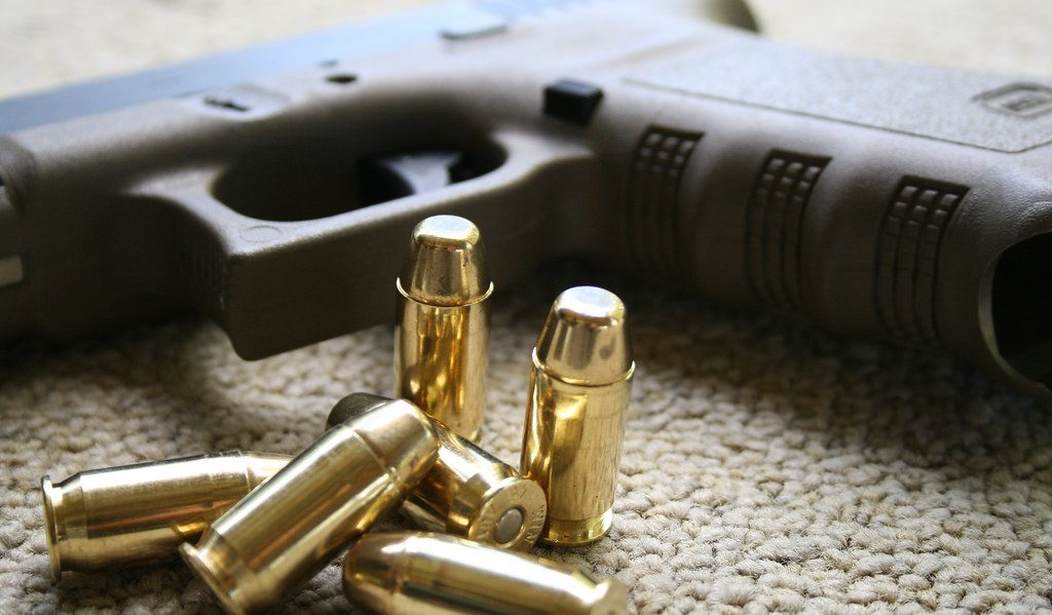On matters of the Second Amendment, it’s often necessary to devolve into broad brushes and shorthand in order to communicate ideas. This is especially true when you’re dealing with a lot of policies at a time.
Some favor gun ownership and some don’t. That’s the simple version of it.
Yet a study at Oregon State University found that the simple version is far from the most accurate depiction of the debate.
What’s more, that complexity fully informs their understanding and interpretation of what happens when someone uses a firearm.
American consumers use their understanding of gun rights when judging the morality of civilians’ use of guns to protect themselves from crime, and that assessment varies depending on specific scenarios, new research from Oregon State University (OSU) shows.
The study’s objective was to explore Americans’ understanding of the Second Amendment, and how that understanding guides which gun-related behaviors are deemed morally acceptable. The authors also examined how recent court rulings and legal and market changes have expanded consumers’ rights to use guns for protection against crime.
Findings of the study indicate that individuals have very different ideas of what should and should not be allowed with guns, but their thinking is generally motivated by trying to do the right thing, such as ensuring the safety of their loved ones or others, said Michelle Barnhart, an associate professor in OSU’s College of Business and one of the paper’s authors.
‘We cannot just put people into categories of pro-gun or anti-gun,” Barnhart said. ‘People are very complex in the way they think about gun rights and armed protection in America. When people think about whether or not it is moral to use a gun for protection, they make judgements based on specific factors and characteristics of the situation.’
People will consider the place where the gun is being carried or used; the type of perceived threat; and the background and experience of the person carrying the gun, including whether they have a permit or have received training and whether they have a criminal history or history of mental illness, says Barnhart.
Honestly, this makes a lot of sense. Especially when you consider all the rhetoric around Kyle Rittenhouse.
Now, Rittenhouse uses the AR-15 he possessed in a manner that was completely legal. He broke absolutely no laws. The jury saw that clear as day.
Yet there are people who still can’t comprehend that he’s not a murderer. They still call him that despite his acquittal.
When you consider that what these same people believe about AR-15s and anyone standing opposite the rioters in Kenosha, as well as their views of self-defense, it starts to make sense that they see it that way. It doesn’t make it right, only that you can start to understand why they can’t comprehend that Rittenhouse isn’t a murderer.
So what does that mean?
Well, for one thing, we need to address that perception. If we want people to understand and value self-defense, we need to address the underlying prejudices that are hostile to people acting in self-defense with a firearm.
Frankly, this is an interesting study and opens some fascinating lines of additional research.







Join the conversation as a VIP Member